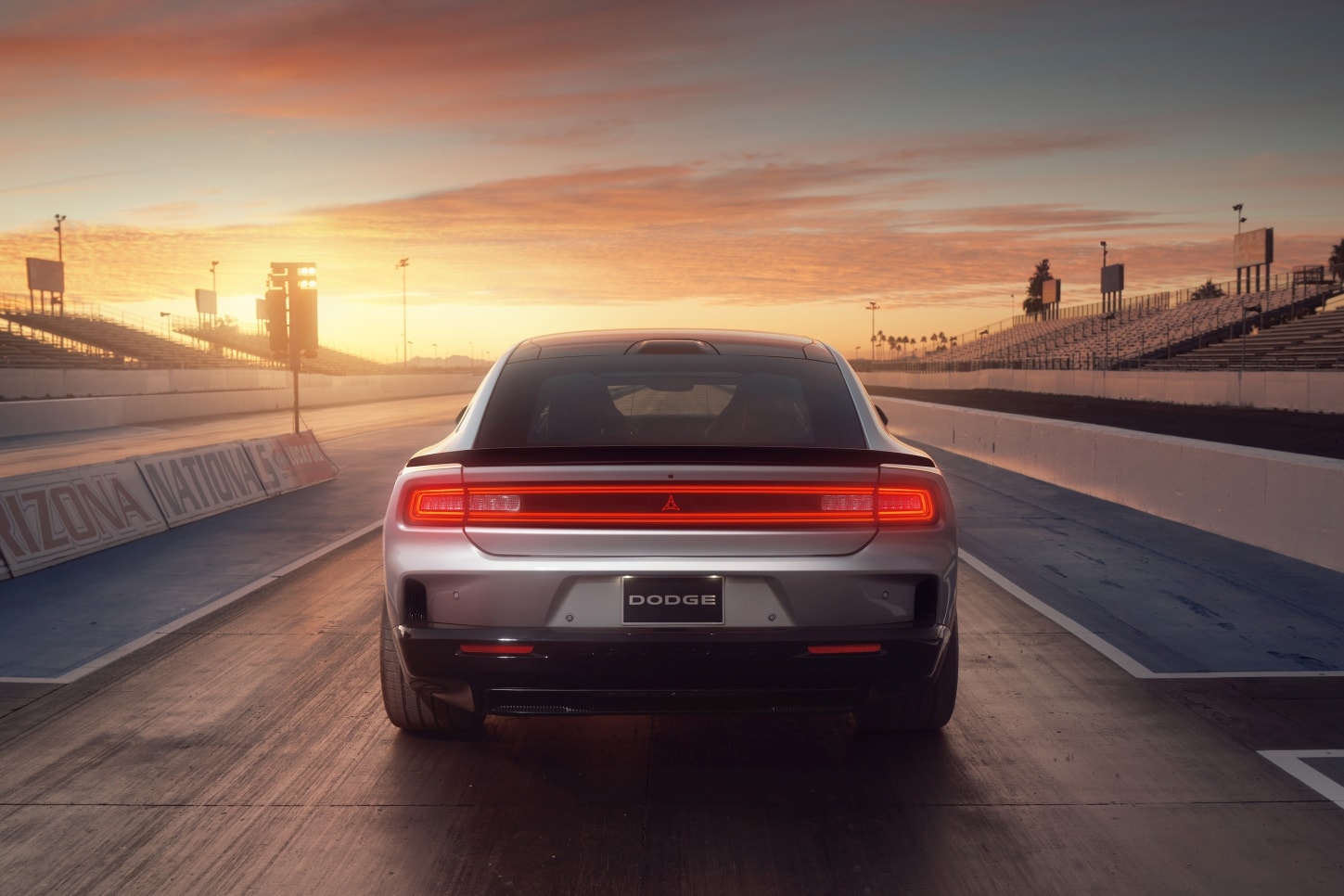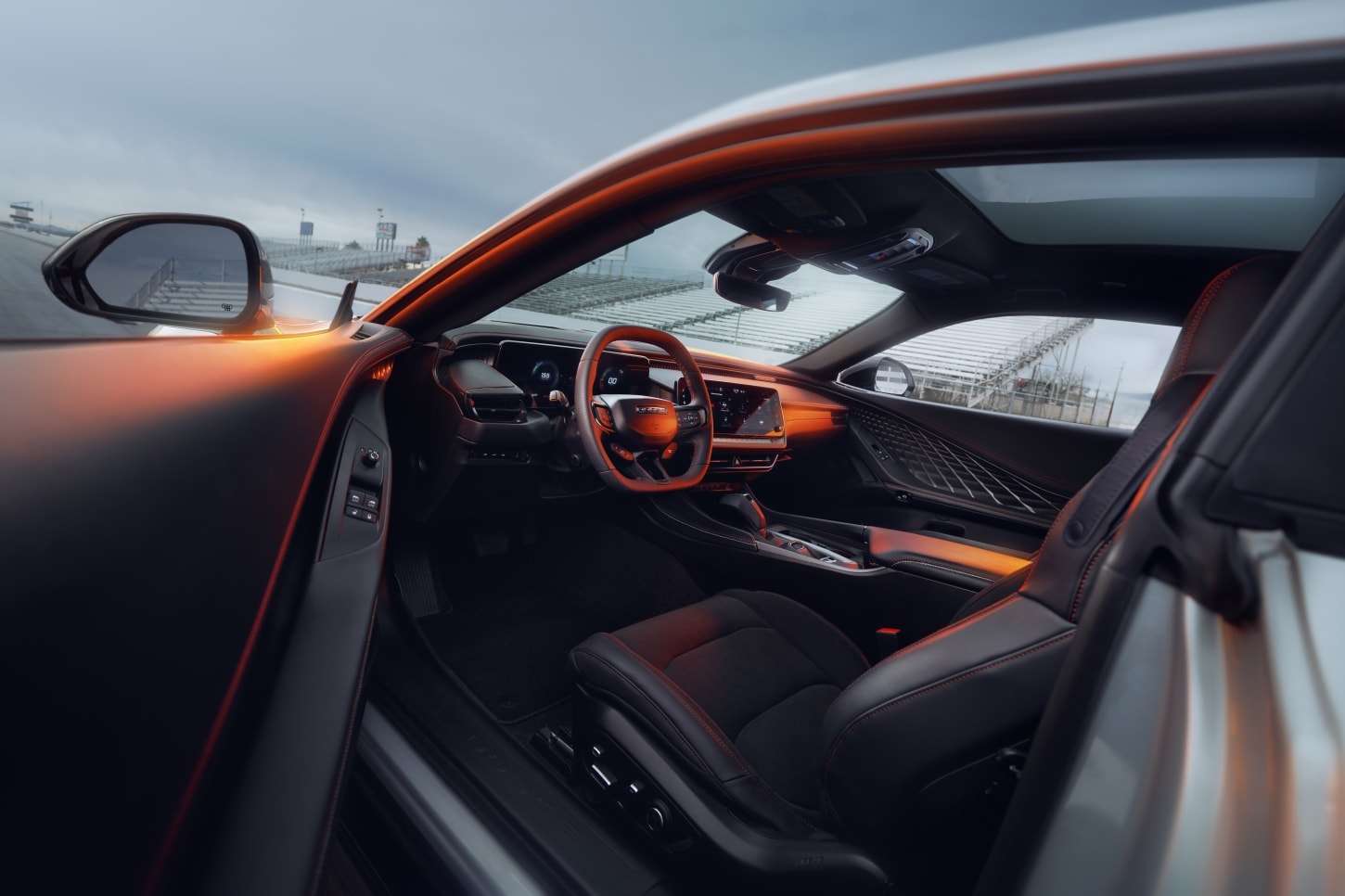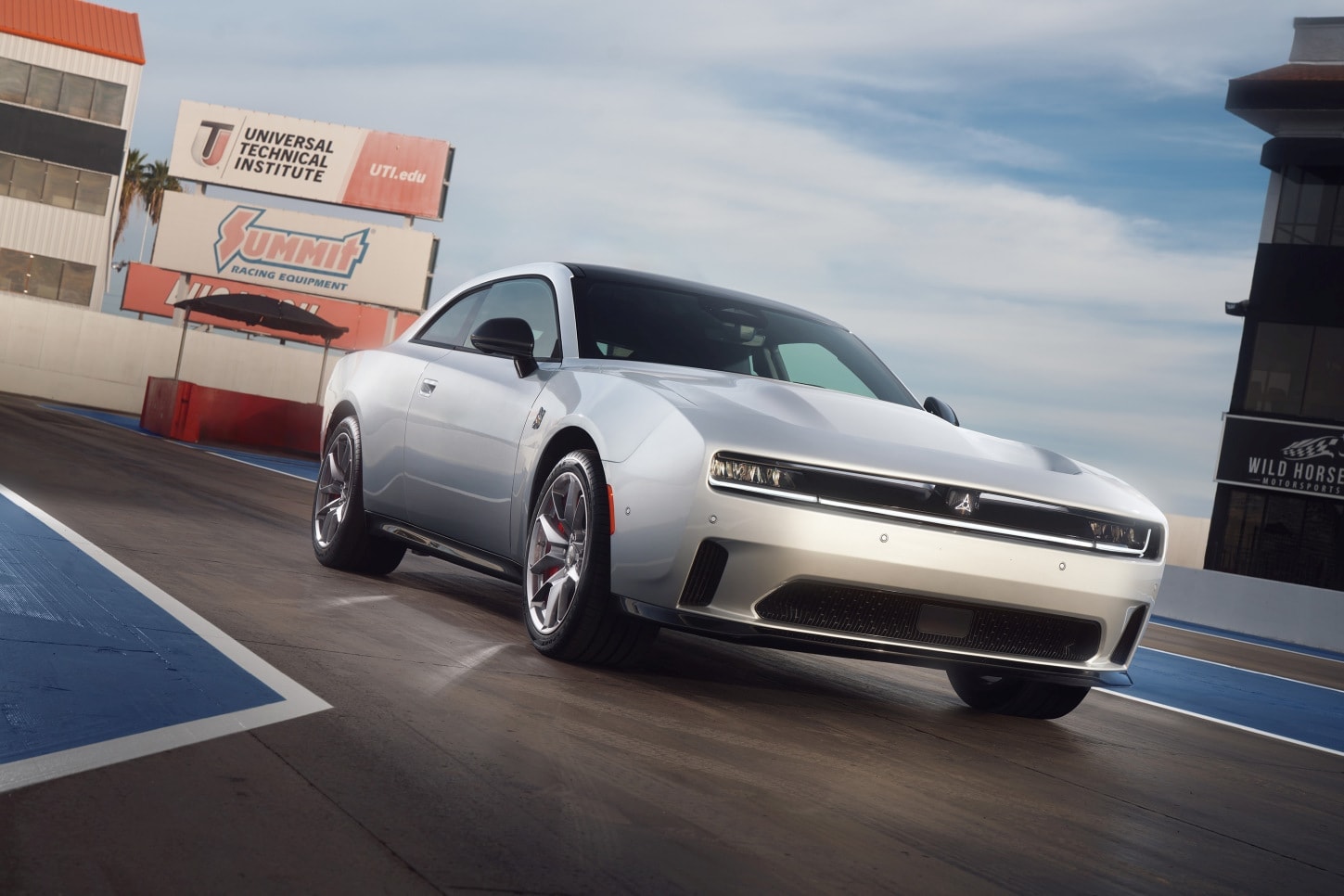Dodge’s revealing of the electric Charger Daytona in March ignited a firestorm among loyal HEMI enthusiasts. The automaker’s recent attempt to replicate the iconic V8 roar in their EV has proven to be a clever if not entirely convincing, ploy.
The HEMI-powered Challenger SRT Demon 170, with its mind-boggling 1,025 horsepower and 945 lb-ft of torque, redefined performance benchmarks, catapulting the car from zero to sixty in a staggering 1.66 seconds. Such extraordinary power even drew the ire of the National Hot Rod Association, which banned the Demon from drag racing without safety enhancements.

With the final HEMI-powered cars now off the assembly line, Dodge faces the challenge of transitioning to a greener future while adhering to tightening emissions regulations. The Charger Daytona EV marks a significant step in this direction, leaving the fate of the Challenger shrouded in uncertainty.
Bridging the gap between the visceral V8 and the silent electric powertrain is no easy feat, but Dodge’s efforts to recreate the auditory experience are an intriguing aspect of this electric era.
Dodge has stirred up a hornet’s nest with its latest social media tease of the Charger Daytona EV. The brand’s attempt to mimic the iconic HEMI rumble has fallen flat, with Instagram users branding the sound anything from “embarrassing” to an “angry mosquito.”
Despite equipping the car with the Fratzonic Chambered Exhaust system, designed to replicate the visceral appeal of the Hellcat, Dodge seems to have missed the mark for many.

As the August 9 reveal date looms, where the full sonic character of the EV will be revealed, the brand is racing against time to perfect the sound that will satisfy the insatiable appetite of muscle car enthusiasts.
While the Charger Daytona will undoubtedly offer impressive performance figures, with the R/T delivering 496 hp and the Scat Pack boasting 670 hp, the question remains whether the synthetic soundtrack can truly replace the raw emotion of a V8.
To add complexity to the mix, Dodge is also introducing a gas-powered Charger with a 3.0-liter Hurricane inline-six engine in both Standard Output (420 hp) and High Output (550 hp) variants.

